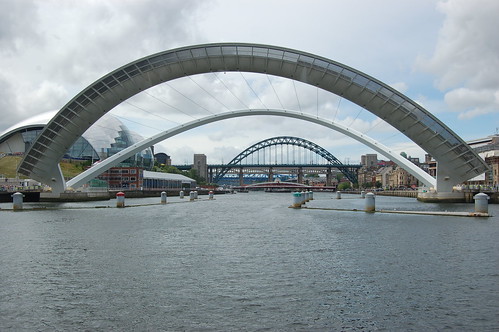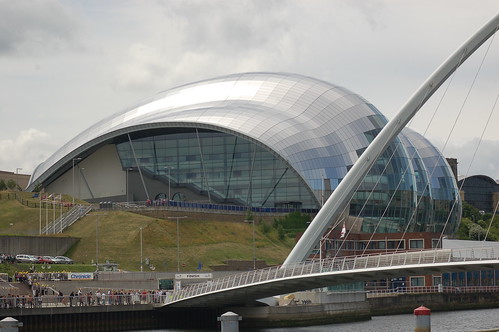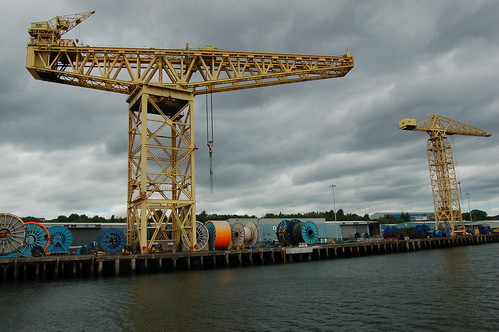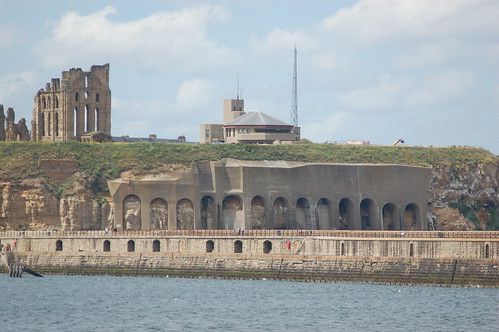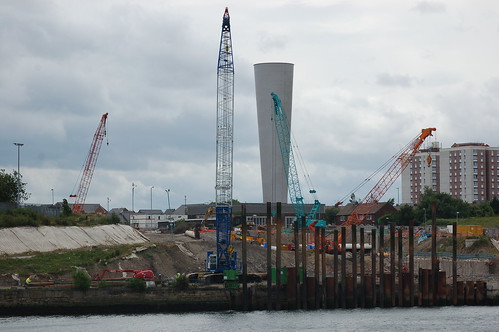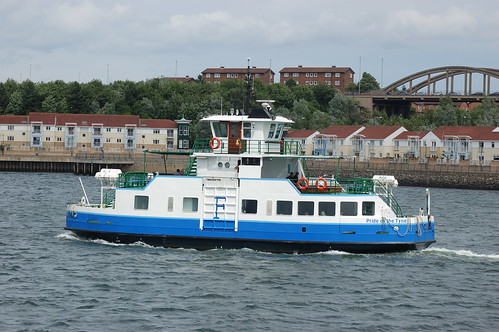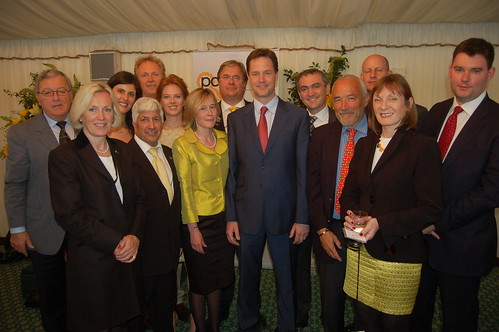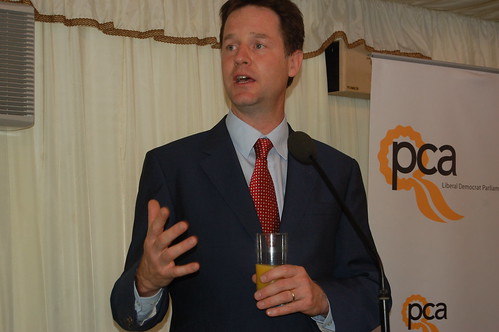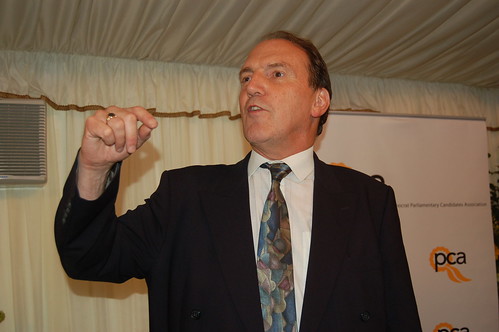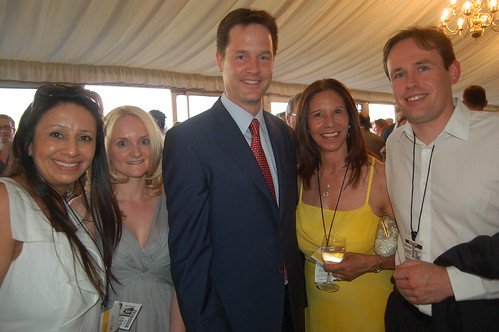There is a possibility that a bid will be made shortly for Northern Rock, the Newcastle based former building society turned mortgage bank turned car crash turned nationalised bank. A group led by Lloyds of London Chairman Lord Levene appears to have plans to take over the company that was the first banking domino to fall that led to massive state intervention in the banking sector to save it, and the economy, from going down the pan.
Public ownership was always a temporary solution for Northern Rock. The need to return it in some form to the private sector was always clear. The two issues we face are timing and ownership. When is best for both the bank and the taxpayer to end public ownership? What form should the new ownership take?
Is now the right time to relinquish public ownership? For that we have to decide two points: do we as taxpayers get a good return on the investment and will the company prosper better under new owners?
It's a bit of a What If scenario. It may be that the company's future growth will be greater if the public were no longer the owners. In such a scenario, we probably won't get much more for it in the future than we can get now. And given the state of public finances, realising an asset like this could reduce our need to borrow. It could be however that the bank will grow under public ownership and therefore a sale in the future would be more beneficial to the taxpayer. I tend towards the view that the company's growth in the public sector is going to be more limited. There are rules that restrict the bank because of the state aid it has received, rules that are designed to prevent unfair competition and prevent a public sector takeover of the entire banking sector by stealth. Freeing Northern Rock from those restraints, assuming the company is able to stand on its own two feet, could be more beneficial that leaving it tethered to the public sector. So perhaps an earlier change of ownership is better.
So that brings me to what sort of ownership would be best? There are some who want Northern Rock to be fully mutualised again. I am a great supporter of mutual organisations and want them to have a strong role in the economy and in the provision of public services. But, how to convert a state owned company into a mutual? At the moment it belongs to all of us. Can we really justify transferring the ownership to the existing customers? Why should they strike lucky in that way?
My solution is something more akin to our own proposals for the Royal Mail in which the employees become "partners" in the company though the overall employee stake is a minority of the overall ownership. There could also be an opportunity for long term customers to be given a minority of shares. Whilst this suggests a "lucky strike" for some, it should be only for those who were customers of the company before the crash, during it and after it. In other words, those who stuck with the company in the bad times rather than close down their accounts and shift their money elsewhere when the going got tough. Like the shares for employees, they would be held in a trust so could not be individually traded.
Unlike our Royal Mail proposals, I see no point in a public sector minority stakeholding. Such a stake could, under the rules on state aid, prevent the bank from growing further. Therefore, the rest of the shares could be sold within the private sector.
Other solutions are of course possible. A private sector consortium, private equity fund or existing company such as Virgin could buy the whole bank. Or it could be floated so that small investors could buy shares. The latter would be my second option (but combine it with the employee ownership model and suddenly it becomes very attractive!)
The reprivatisation of the banks gives us an opportunity to broaden direct ownership and especially to create a new culture of employee shareownership and participation. This may or may not be tried with Northern Rock but there are other opportunities coming up with the other banks and of course with Royal Mail.
